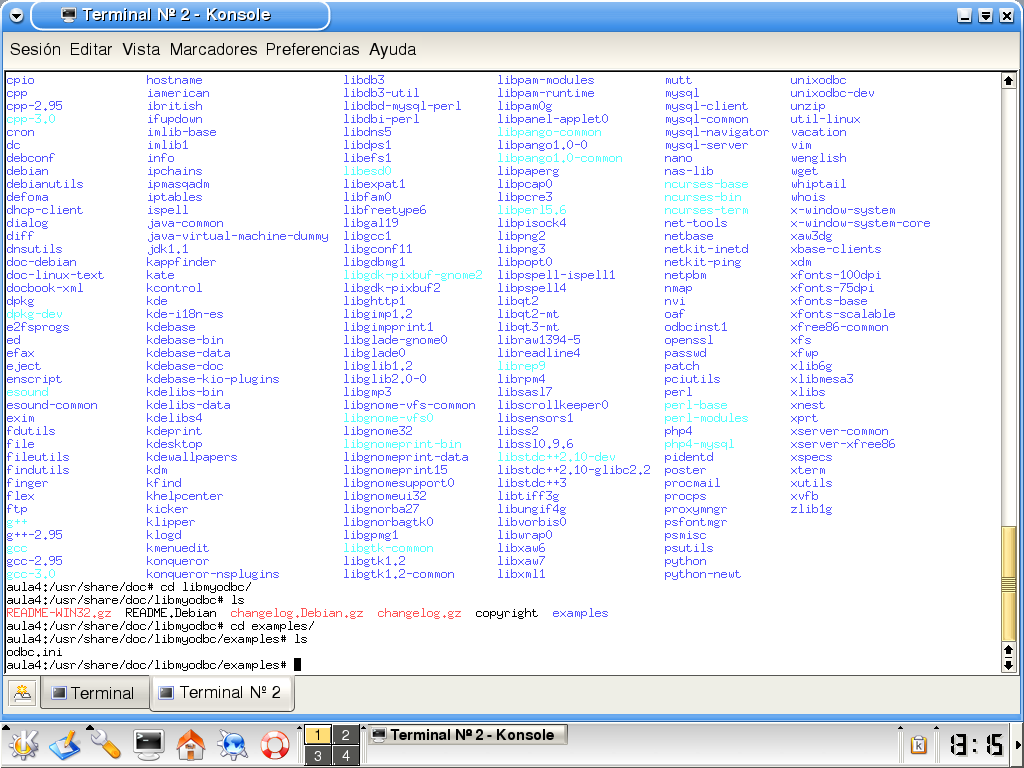
When you install or upgrade SQL Server, you get the latest version of SQL Server from your configured Microsoft repository.

If you choose to install SQL Server on an unsupported operating system, please review the Support policy section of the Technical support policy for Microsoft SQL Server to understand the support implications. To quickly configure typical MySQL security settings, run the mysql_secure_installation script.SQL Server is tested and supported on Linux for the previously listed distributions. It is also recommended to select the Strong Password Encryption authentication plugin. Now you can install MySQL 8: apt-get install mysql-serverĭuring installation, you must specify the MySQL root password. MySQL Preview Packages – Disabled.Īfter adding the MySQL repository, update the list of repos, and check if the mysql repository for bullseye is listed (/etc/apt//). In my case, I chose Mysql Server and Cluster (currently selected: mysql-8.0), MySQL Tools & Connectors – Enabled. Here you can select MySQL version and its parameters. You will see the MySQL apt repository add wizard (mysql-apt-config). On a clean Debian install, you will most likely need to install gnupg: apt-get install gnupg Install the MySQL apt repository: sudo dpkg -i mysql-apt-config_0.8.22-1_all.deb Using wget, download the desired version of MySQL APT Repository from the official MySQL website ( ): wget In my case, after upgrading the release from Debian 10 (Buster) to Debian 11 (Bullseye), I needed to install the original MySQL 8.0 on my Linux host.įirst you need to update the packages on your Debian host: sudo apt update



In that case you can manually add the MySQL repository and install the package in Debian. For some projects you need to use the original MySQL, not its fork. The developers suggest using MariaDB instead. The MySQLB package is not included in the Debian 11 Bullseye repositories. Installing MySQL 8.0 in Debian 11 Bullseye


 0 kommentar(er)
0 kommentar(er)
